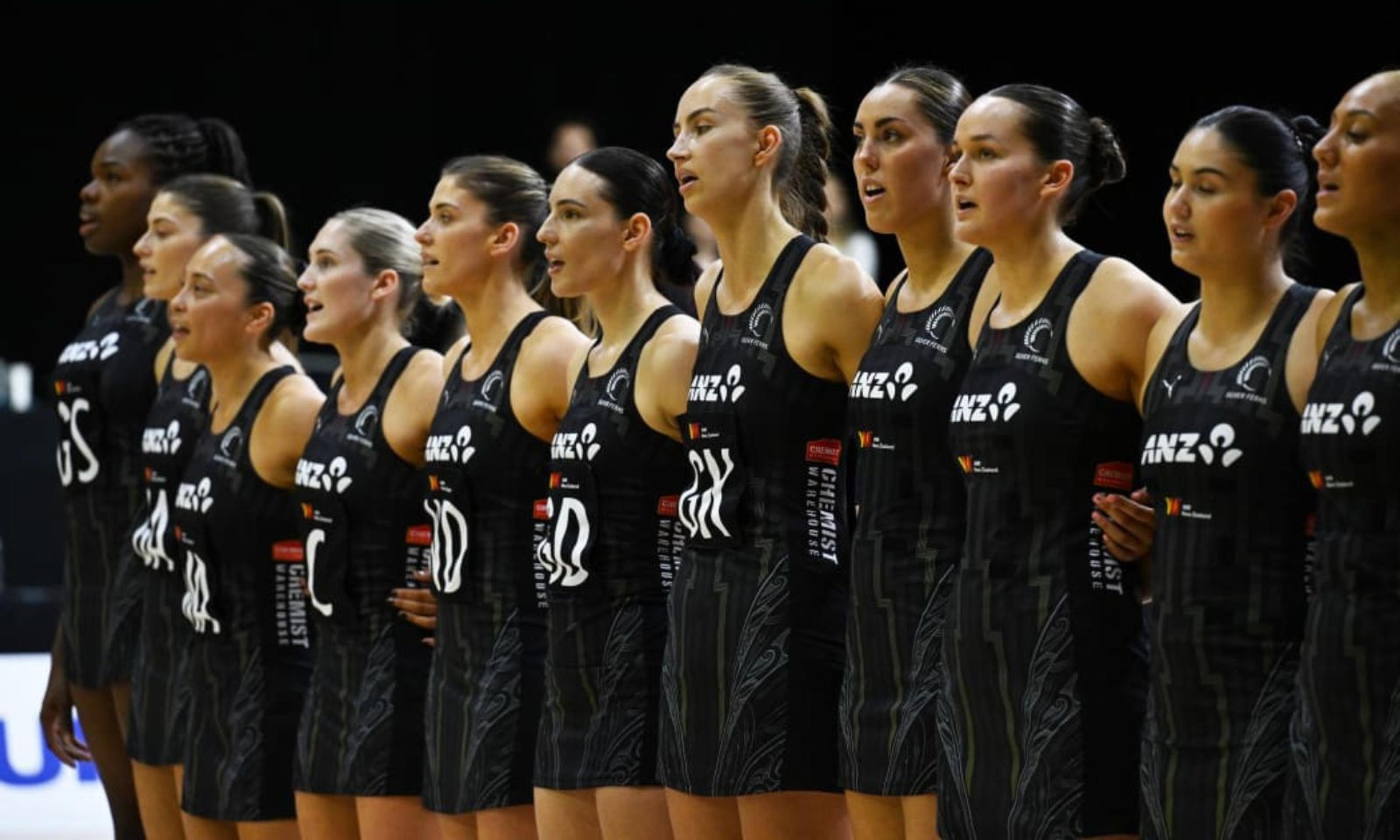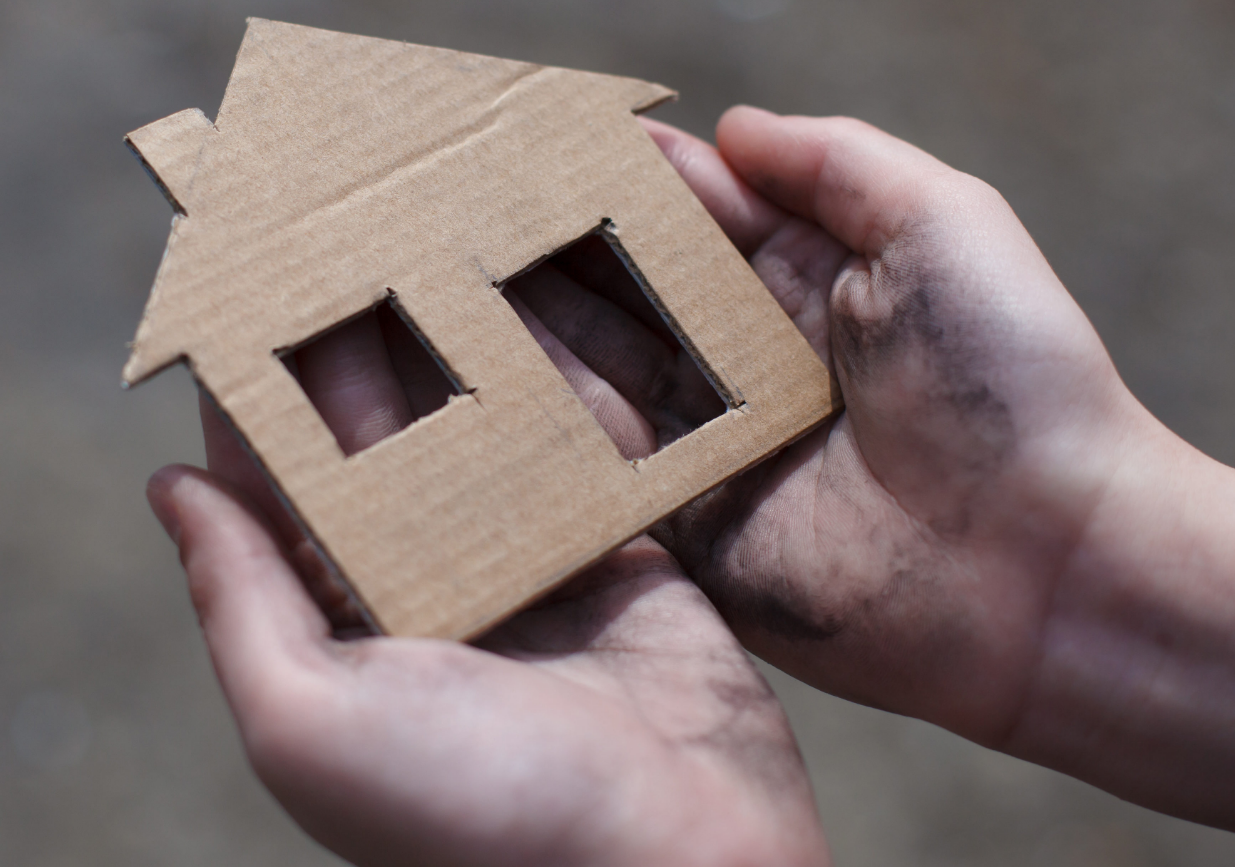

Aaron Hendry, founder of youth homelessness support service, Kick Back.
Photo/Kick Back
Youth rally for change: Hīkoi demands action on homelessness crisis
Rangatahi from Kickback are marching from K-Road to Britomart, urging Aotearoa to recognise and address the harsh realities faced by their peers.



US funding cuts threaten to 'dry up' future of Pacific scientists - expert


Immigration reassesses toddler's declined visa request as Children's Commissioner steps in


Inked across lands: How Pacific tattoo art is thriving in Germany

US funding cuts threaten to 'dry up' future of Pacific scientists - expert


Immigration reassesses toddler's declined visa request as Children's Commissioner steps in
Youth homelessness is worsening across Aotearoa, with advocates blaming government decisions for pushing vulnerable rangatahi onto the streets instead of providing them with safe and supported housing.
Aaron Hendry, founder of youth advocacy group Kickback, says reforms to emergency housing and the welfare system are contributing to the increase in homelessness among young people.
In an interview with William Terite on Pacific Mornings, Hendry says the Government fails to understand their experiences.
“We're seeing children as young as 11, sometimes nine, turning up at our centre on K-Road who are experiencing homelessness,” he says.
“We have some of our most vulnerable kids sleeping on our streets or living without safe and stable housing. This is not okay in Aotearoa. This should not be the way we as a society function.”
In response, young people supported by Kickback are leading a hīkoi on Saturday from K-Road to Britomart in Tāmaki Makaurau.
Watch the full interview with Aaron Hendry below.
Hendry says they plan to stay on the footpath to acknowledge where some people call home.
“This hīkoi has been birthed out of pain and suffering. When the reforms around emergency housing came out, many of our young people had the experience of going to Work and Income, being denied shelter, and being turned out onto the street.
“Our young people are saying, ‘We're reclaiming this. We're taking this back. If you said we had to be on the street, well, here we are. Look at us, see us, see us in our numbers and listen to us’.”
Change of tack
The Government claims to have reduced emergency motel use by 75 per cent earlier this year, five years ahead of schedule. But Hendry says these figures do not reflect the reality for young people and that the ‘tough love’ approach ignores their lived experiences.
“The majority of the young people that we serve are kids that have had nothing but stick their whole lives,” he says.
“When a young person ends up on the street, they've often been failed from absolutely every step of the way.”

Kick Back founder Aaron Hendry says homelessness disproportionately impacts Pacific and Māori youth. Photo/File
Māori and Pacific communities are among those most affected, with overcrowding often a symptom of housing insecurity and poverty.
“The system that has been designed doesn't often work for our rangatahi Māori and rangatahi Pasifika,” Hendry adds.
“That's a structural issue... people designing homes that don't reflect the needs of the community they're building in.”
Chlöe Swarbrick, Green Party leader, criticises the coalition government’s failure to implement a tax on the wealthy to alleviate the cost of living for those on lower incomes.
“Poverty and homelessness doesn’t come from nowhere,” she says. “They are created by inequality. By design, the rich are getting much, much richer while the poor are getting much, much poorer.”

Photo/Unsplash
Calls for changes at Work and Income
Hendry says increased sanctions and barriers in the welfare system mean rangatahi are being punished for not engaging with systems that don't work for them.
He points to Budget decisions that have prioritised justice and corrections over housing and social care.
“Young people are going into Work and Income, being denied shelter and going back onto the street, … and successive governments have failed to respond to it adequately,” he says.
“They've poured more money into boot camps and child prisons rather than putting money into building housing and solutions.”
Hendry questions whether Work and Income is even fit for purpose.
Kickback currently partners with the Ministry of Social Development (MSD), and Hendry says the Government should replicate this model by utilising local community groups to support rangatahi.
“It is not a system that understands people who have high levels of trauma, who are struggling with the realities of survival when you’re in an experience of homelessness … It’s not a service that is accessible for people who are in critical need.
“Instead of a young person going to work and income, they come to us. We do the work, we support them, and we do the best we can to get the best for them rather than those young people going into that environment. I think that's a model we need to start looking at across the country.
“We can do a much better job serving our whānau and serving our communities than some of the systems that have been designed for our communities.”
The youth-led hīkoi will begin at the Front Door, 307 Karangahape Road, at 12pm on Saturday. It will then move down Queen Street to Britomart, where there will be kai, food, and speeches.